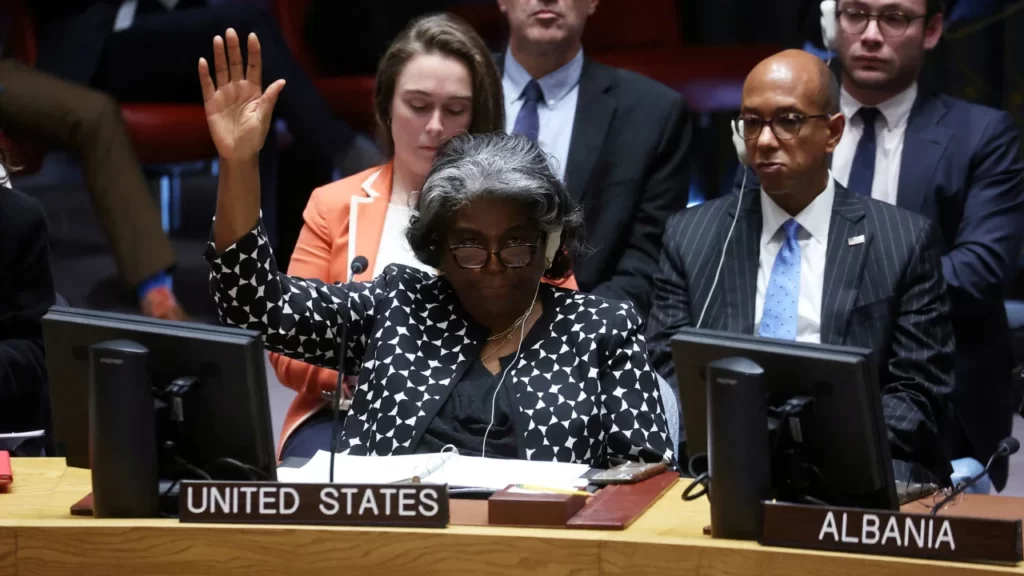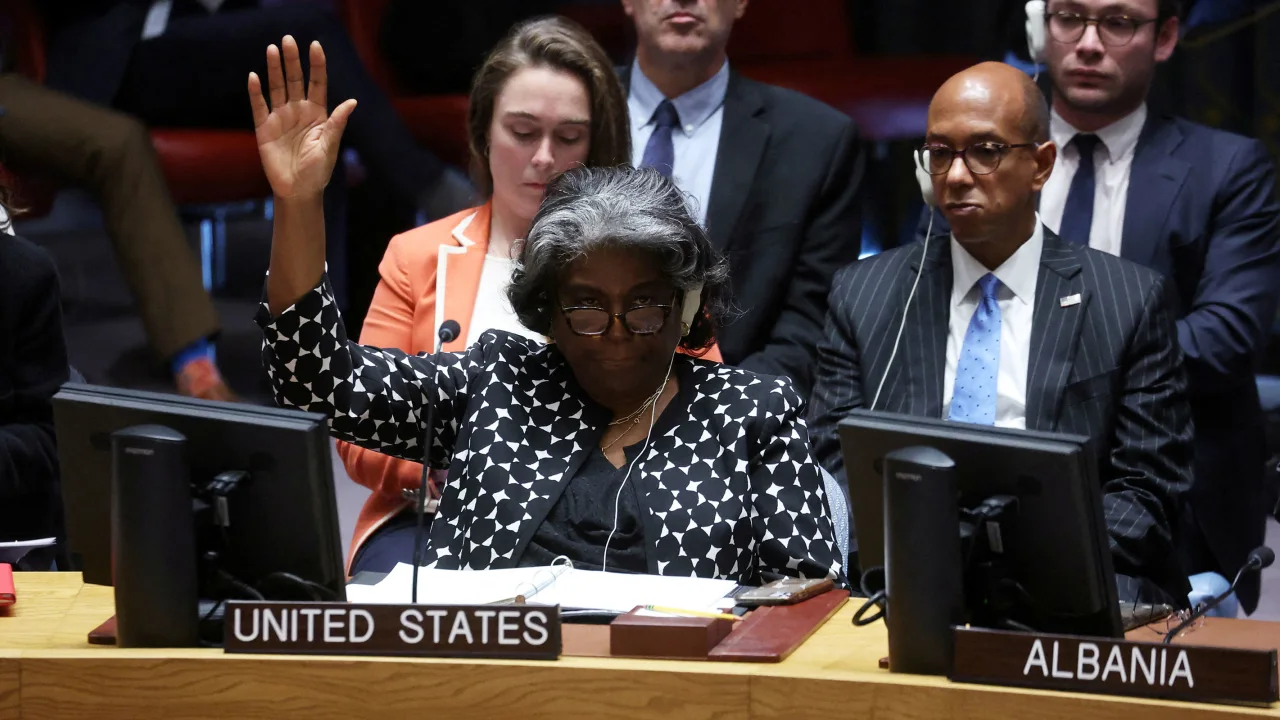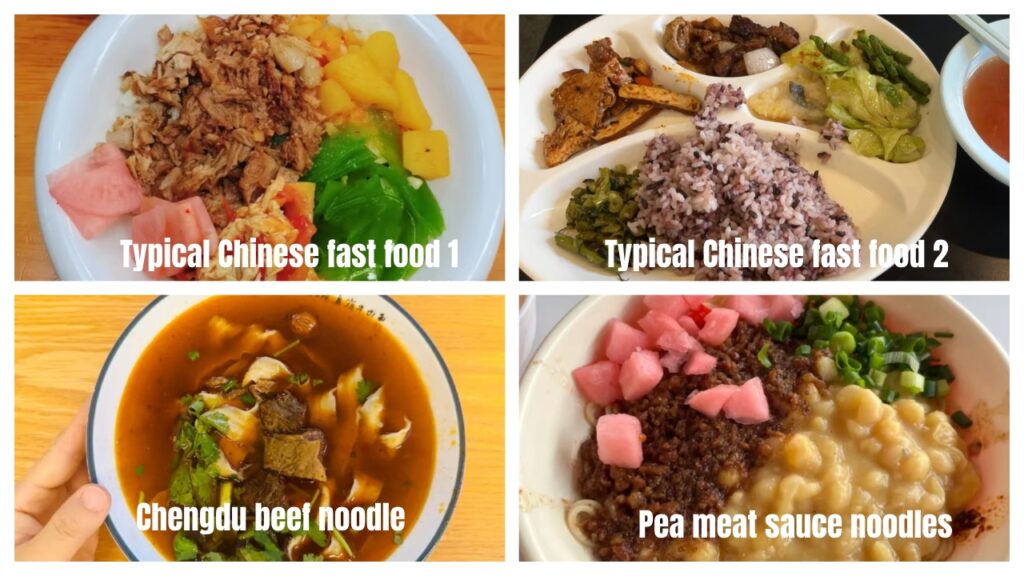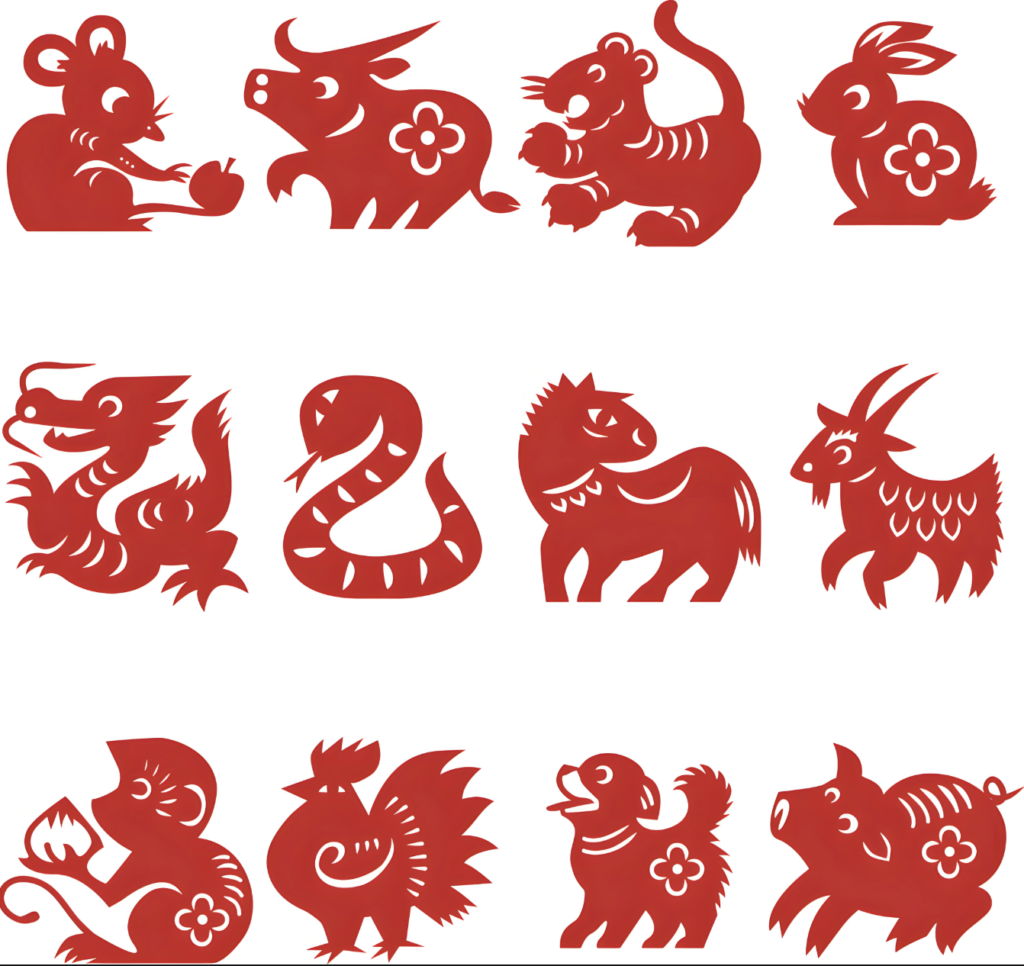The Israel-Gaza crisis(conflict between Israel and Hamas) continues to escalate, a hospital is bombed and the number of civilian deaths skyrockets after a Russian motion is vetoed; Brazil immediately puts forward a new motion based on humanitarian relief once again, only to have it vetoed by the UN Security Council once again. What happened behind the scenes? Moreover, what will the story of the “Partition of Jin Dynasty” in Chinese history teach us?
Table of Contents
As of the afternoon of the 18th, the Palestinian-Israeli conflict has caused more than 4,900 deaths, and the vast majority of the dead are civilians living in the Gaza Strip.
The resolution on the Israel-Gaza crisis proposed by Russia was rejected
In order to prevent more innocent civilians from suffering, the United Nations Security Council has held a number of emergency meetings.
On October 16, the representative of Russia proposed a ceasefire resolution.
The 15 members of the Council voted:
In favor 5 votes, China, Russia, UAE, Gabon, Mozambique
Against 4 votes, U.S., U.K., France, Japan.
Abstaining 6, Albania, Brazil, Ecuador, Ghana, Malta, Switzerland.
The draft resolution was not adopted because the U.S., U.K., and others voted against it because they felt it did not explicitly condemn Hamas’s attacks.
The bombing of the Ahli Arab Hospital on the evening of October 17th local time killed at least 500 people.
This unconscionable crime of targeting a hospital angered the entire world.
The resolution on the Israel-Gaza crisis proposed by Brazil was rejected again
On October 18, the representative of Brazil introduced a resolution to resolve humanitarianism:
Brazil’s motion is so mild, it has been so mild that it does not even speak of a ceasefire, but simply urges all parties to comply with international law and to protect civilians and civilian infrastructure, and urges Israel to provide basic services to the civilian population, such as electricity, water, fuel, food, medical supplies, etc., and urges Israel to rescind the demand for a southward withdrawal of the inhabitants of the northern part of the Gaza Strip, and to guarantee humanitarian access and assistance.
At the same time, the Brazilian resolution has taken care of the demands of both sides of the Palestinian-Israeli conflict and has also included a condemnation of Hamas, taking into account the reasons for the last negative vote by the United States and others.
Then there was a vote, China and the other 12 countries voted in favor, two countries abstained, and the United States 1 voted against, as a result, the United States had a veto, so the resolution did not pass.

In an explanatory statement, the Russian representative explained that the abstention was because the resolution dealt with the condemnation of Hamas, but that Russia would not prevent it from being adopted.
The reason given by the U.S. representative was that “there is no mention in the resolution of Israel’s right to self-defense.”
China’s Permanent Representative to the United Nations, Zhang Jun, expressed shock and disappointment at the vote, noting that “one has to suspect that the countries involved do not want to really solve the problem at all.”
Zhang Jun also revealed an inside story: in the past 40 hours, the country concerned neither commented on nor opposed the Brazilian resolution, which led everyone to expect that the Security Council would be able to adopt the resolution successfully today, but the result was unbelievable.
In other words, the United States had enough time to discuss the contents of the draft with the members of the Security Council, and it was not impossible to add the so-called “Israel’s right to self-defense”.
Judging from the results of the vote on the Brazilian resolution, the British found that this matter was indeed a human rights issue, so the UK did not oppose it. Japan, a country that has conducted germ warfare and 731 experiments in its history, also voted in favor of the bill.
However, some U.S. politicians are still against it.
I know many Americans who are peace-loving and noble. So this can only be the work of certain politicians, and I believe that it does not represent the vast majority of ordinary Americans and peace-loving American politicians.
The reporter asked the children in the war what they wanted to be when they grew up, and the children said I can’t live to grow up here.
Related news: US vetoes Security Council call for ‘humanitarian pause’ in Israel-Hamas war
There is an old Chinese saying that Duo Xing Bu Yi Bi Zi Bi (多行不义必自毙) which is like the meaning of these two sentences: The wages of sin is death. or Give a thief enough rope and he’ll hang himself.
There is no way for us to judge in a single sentence who is more right in the Palestinian-Israeli conflict over the long course of history and feuds. But we should have the conscience to conclude that it is inhumane to harm innocent and defenseless civilians and even pregnant women who are children.
If one always thinks of realizing the expansion and development of one’s own country or nation through aggression and annexation, one is bound to be eliminated by history in the end and submerged in the river of years.
Learning from the Past: Chinese History Story – Partition of Jin Dynasty.
After a long period of wars of rivalry during the Spring and Autumn Period, many small vassal states were annexed by the great powers.
At the end of the Spring and Autumn Period, the power of the ruler of Jin declined, and the real power was held by four families, namely, the Zhi, Zhao, Han, and Wei. Among these four families, the Zhi family was the most powerful. When Zhi Bo Yao of the Zhi family came to power, he said to Zhao Xiang Zi, Wei Huan Zi, and Han Kang Zi, who were the three other families, “The state of Jin was the hegemonic ruler of the Central Plains. In order to make the state of Jin even stronger, I advocate that each of the four families should give one hundred miles of land and households to the state of Jin; I, the Zhi family, will give a 10,000-family euphony to the Duke of Jin first, but what about you?”
The three great physicians of the three families feared that their own power would decline after losing their land, and they were all unwilling to offer their fiefs. However, the hearts of the three great physicians of the three families were not in unison, so Han Kangzi firstly ceded the land and 10,000 households to the Duke of Jin; Wei Huanzi, who was also afraid of Zhi Boyao’s power, also ceded the land and the households.
Zhi Boyao then asked Zhao Xiangzi, who refused.
So Zhi Boyao ordered Han and Wei to send troops together to attack Zhao.
However, guess what happened? In the end, it was Zhao, Han, and Wei joined forces to destroy Zhi Boyao’s army, and Zhi Boyao was killed.
Han, Zhao, and Wei not only got back the offered land but also divided up Zhi’s land. Soon afterward, they divided other lands left by Jin as well.
Zhi Boyao, relying on his relatively strong military and economic strength, intends to conquer and even divide the land of weaker ethnic groups by means of war. In the end, greed crushed Zhi in the long river of history.
Learn more about the Partition of Jin of China Story.









